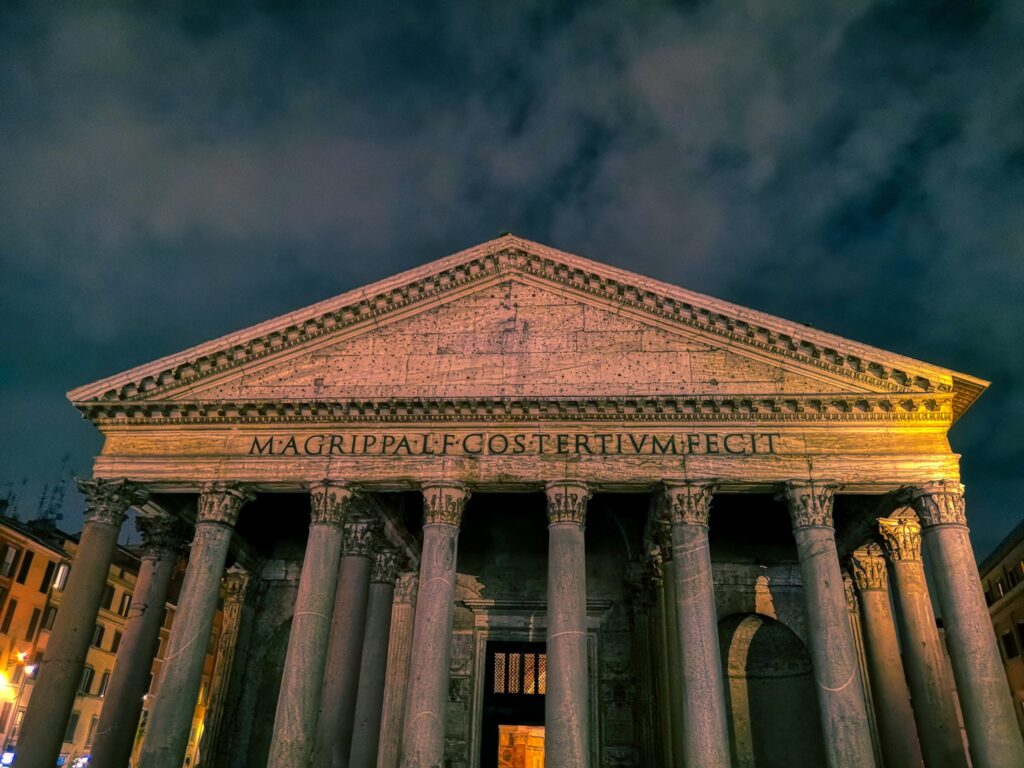
In life, weaving together the threads that bring us joy, satisfaction, and meaning can feel like a daunting task. Yet, it’s within these vibrant strands that we find the essence of a fulfilling life. Let us explore the colorful dimensions that make up the fabric of our existence: personal growth, relationships, altruism, our connection to nature, spiritual exploration, creative expression, and the wonders of travel.
The Path of Personal Growth
Life is a perpetual classroom, offering lessons at every turn. Embrace this journey of self-discovery by setting goals, learning new skills, and pursuing your passions. As you continue to grow and evolve, you’ll find a deeper sense of self-awareness and resilience that guides you through life’s ebbs and flows.
The Bonds That Bind
Family ties often hold a cherished place in our hearts, but the connections we forge with friends, colleagues, and romantic partners are equally vital. These relationships enrich our lives, offering emotional support, a sense of belonging, and opportunities for growth through shared experiences.
The Art of Giving
In the act of giving, we find a sense of purpose that transcends the boundaries of our individual lives. Whether we volunteer, donate, or raise awareness for the causes that move us, our contributions ripple outward, touching the lives of others and fostering a deeper connection with our communities.
Nature’s Embrace
Immersing ourselves in the natural world or striving to protect it can rejuvenate our spirits and remind us of our interconnectedness with all life. Activities like hiking, gardening, or engaging in environmental conservation projects bring us closer to the earth and offer moments of solace amid the chaos.
Delving into the Depths
Whether we identify as religious or not, the exploration of spirituality or philosophy can provide a compass to navigate the complexities of life. Contemplating life’s big questions, engaging with diverse beliefs, or practicing mindfulness can illuminate our paths, offering clarity and inner peace.
The Dance of Creativity
Creativity is the soul’s way of expressing its most profound thoughts, emotions, and experiences. Through music, writing, painting, or any other form of artistic endeavor, we uncover new dimensions of ourselves and find unique pathways to growth and self-expression.
The Allure of the Unknown
Travel invites us to step beyond the familiar and immerse ourselves in the wonders of the world. As we explore new places and cultures, our horizons expand, our perspectives shift, and we are inspired to learn and grow in ways we never thought possible.
The tapestry of life is intricate and ever-evolving, with each thread representing a unique aspect of our existence. By weaving these elements together, we create a rich and fulfilling life experience. Remember, the patterns and colors that make up our personal tapestry are as diverse as the individuals who create them. Embrace your journey and let your life’s masterpiece unfold, one vibrant thread at a time.







